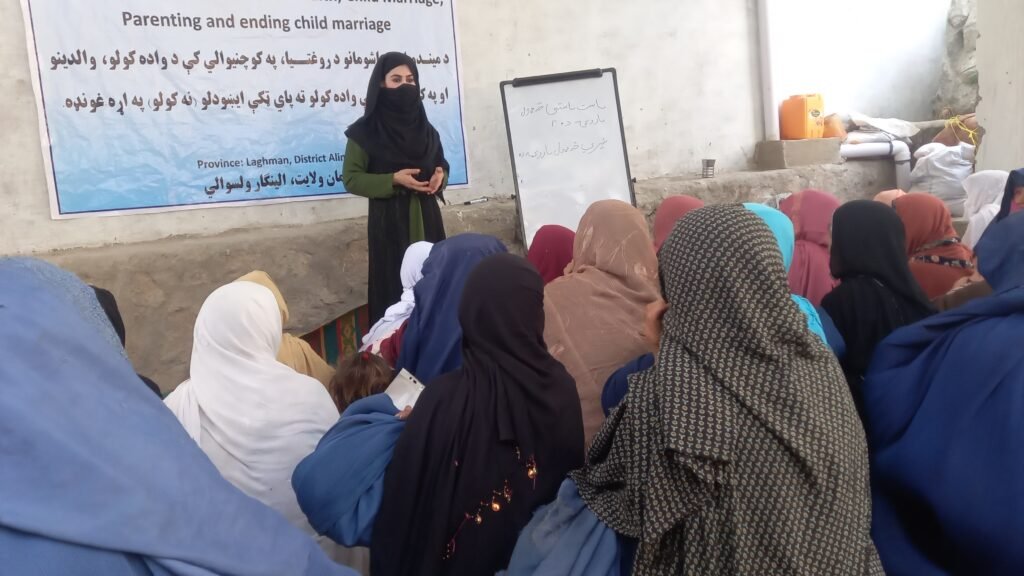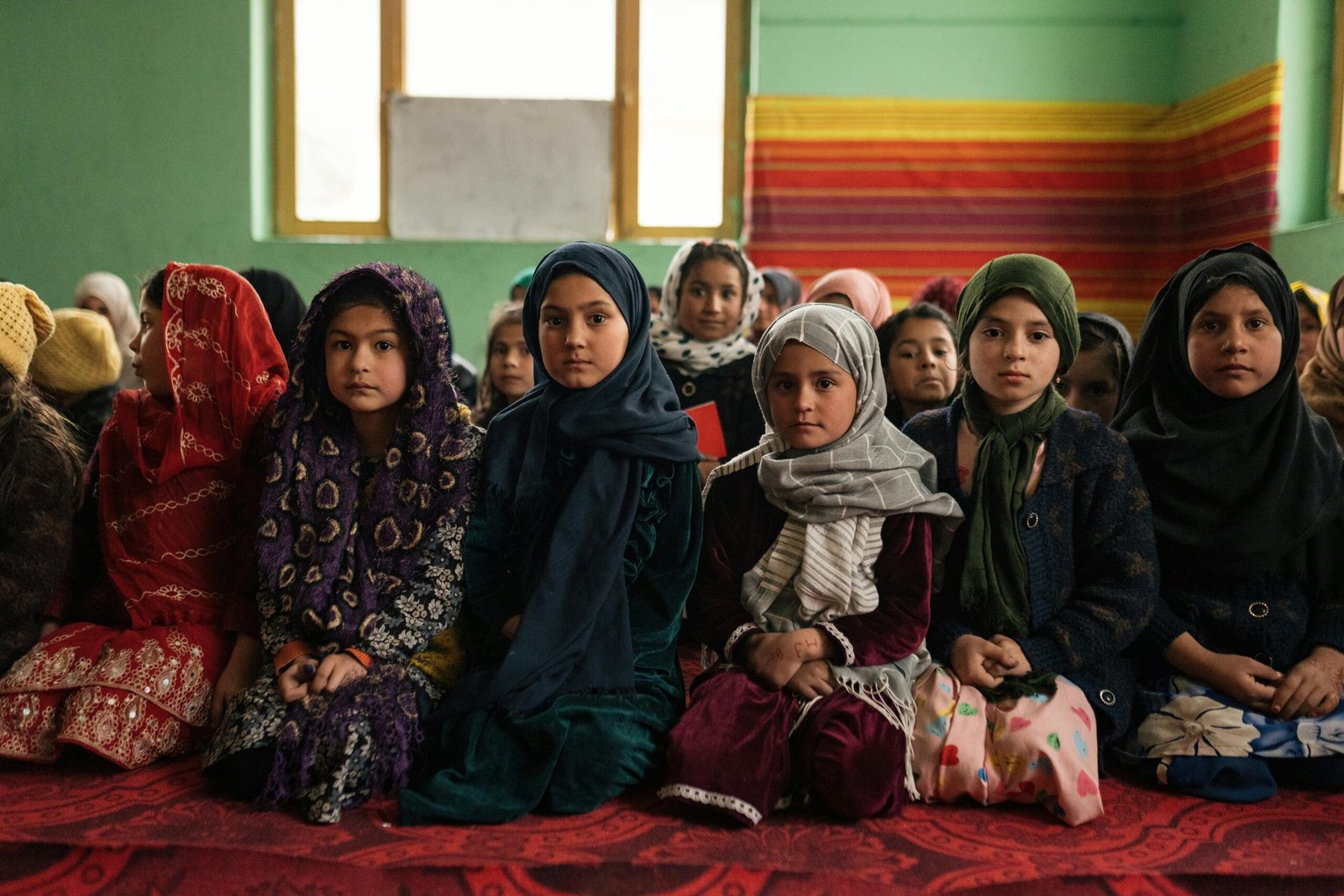We uplift vulnerable women, girls, and communities to rebuild with dignity and hope.
We work across Afghanistan to deliver inclusive education, sustainable livelihoods, essential health services, and life-saving emergency assistance—ensuring women, girls, and vulnerable groups are not just supported, but empowered to lead lasting change.
Technical Sectors
Economic Recovery and Livelihoods
Through Economic Recovery Development Initiatives, HFDO supports households to rebuild their lives through vocational training, business grants, cash-for-work, and agricultural support. We focus on female-headed households and vulnerable youth, helping them gain skills and income to thrive with dignity.
Education
We run safe, inclusive learning programs for out-of-school children, youth, and adults—particularly women and girls. Our education initiatives include Community-Based Education ( CBE) programs, Accelerated Learning Programs (ALP), literacy, and vocational skills that lay the foundation for long-term empowerment.
Emergence Response
HFDO provides life-saving humanitarian aid to conflict-affected and disaster-stricken communities. Our Emergency Response teams deliver shelter, cash assistance, WASH services, and protection support—ensuring families in crisis are not left behind.
Health and Nutrition
Our integrated health programs offer access to maternal and reproductive healthcare, psychosocial support, and malnutrition treatment. We prioritize underserved communities, with a special focus on displaced women, children, and persons with disabilities.
Peacebuilding and Capacity Strengthening
HFDO promotes social cohesion and resilience by supporting inclusive governance, community dialogue, and conflict-sensitive programming. We also strengthen local institutions and civil society to lead service delivery and development, ensuring locally owned, sustainable impact in fragile settings.
Future Transformation
We connect short-term humanitarian assistance with long-term development and peacebuilding. Our integrated approach empowers vulnerable communities—especially women, girls, and youth—to break cycles of poverty and crisis. By building resilience, strengthening systems, and promoting inclusion, we help people not only recover, but thrive.
Rebuilding Lives with Hope, Resilience & Purpose

We Walk With Communities
HFDO bridges urgent humanitarian relief with long-term development and peacebuilding. From rapid response during crises to restoring livelihoods and promoting inclusion, we support Afghan women, children, and vulnerable families through every phase of recovery — building resilient communities with dignity and purpose.
A New Future for Vulnerable People
At HFDO, we work with communities to restore dignity and opportunity for those most at risk — especially women, girls, and marginalized groups affected by crisis, poverty, and exclusion. Whether displaced by conflict, exposed to exploitation, or living without access to basic services, we design interventions that respond to both immediate needs and long-term recovery.
Through safe spaces, psychosocial support, education, skills training, and livelihood assistance, we help vulnerable individuals — particularly female-headed households, adolescent girls, and people with disabilities — reclaim their rights, rebuild their confidence, and lead change within their communities.


Standards That Matter
At HFDO, we design and implement our programs in line with globally recognized humanitarian and development standards to ensure quality, accountability, and dignity for the people we serve.
We adhere to the Sphere Standards, the Core Humanitarian Standard (CHS), and the Humanitarian Accountability Partnership (HAP) benchmarks to guide our program design, implementation, and monitoring.
HFDO is committed to Protection from Sexual Exploitation, Abuse, and Harassment (PSEAH), strictly following UN and IASC guidelines. Safeguarding is at the core of our operations, ensuring safe and inclusive programming, especially for women, girls, and marginalized groups.
By embedding these frameworks into our systems, we ensure that every intervention is ethical, transparent, rights-based, and accountable — from emergency response to long-term development.

